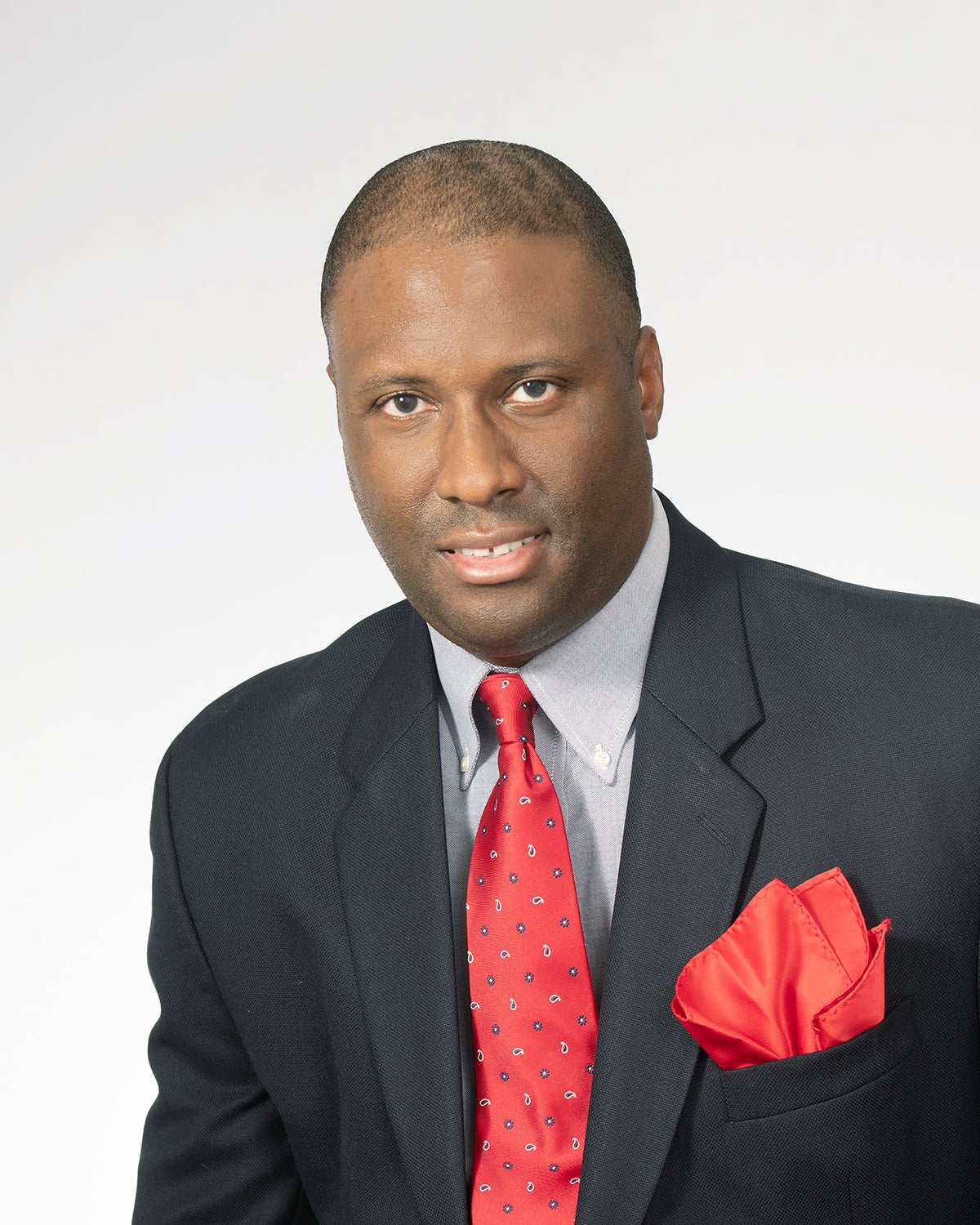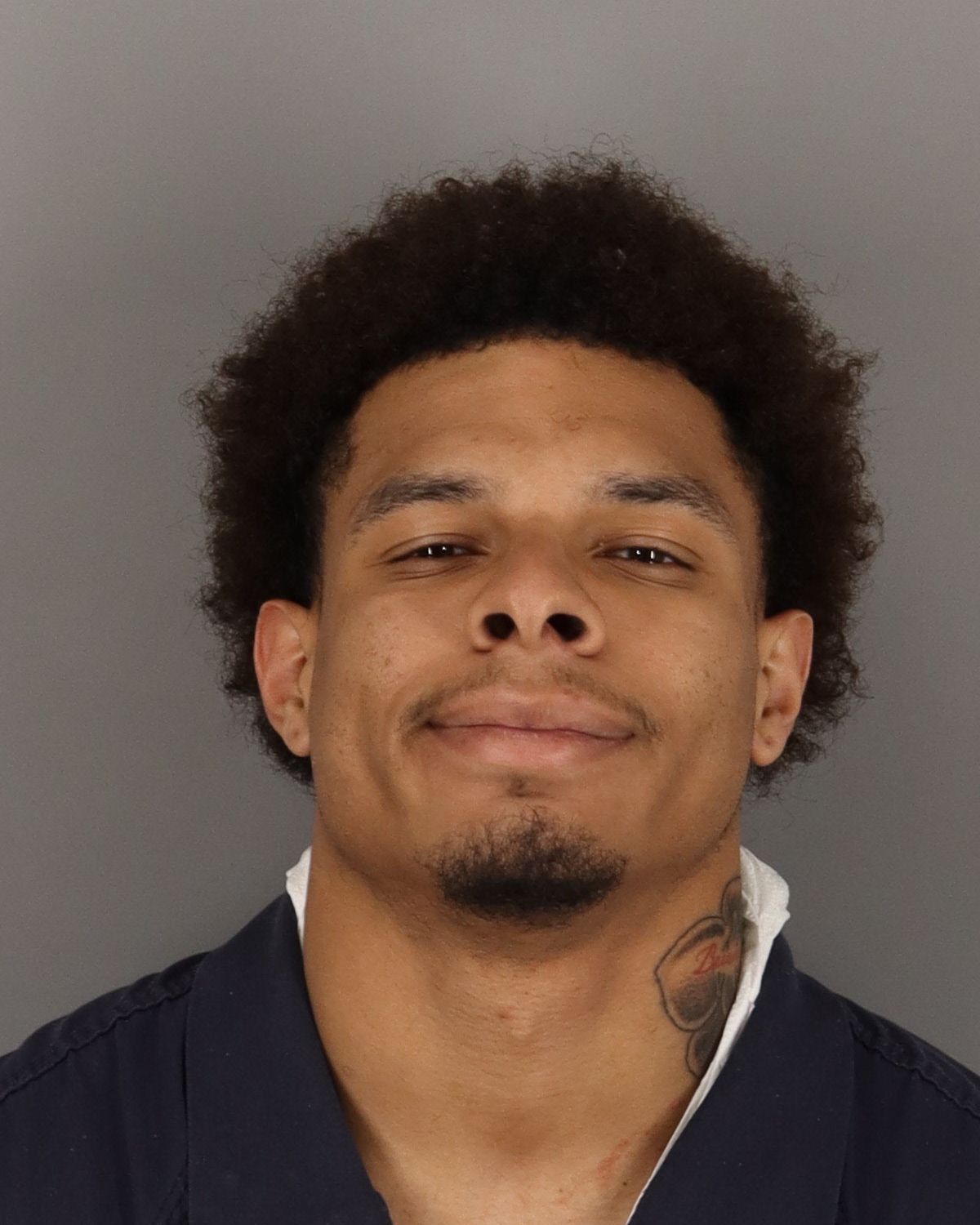I.C. MURRELL — What would PA man who changed Rice say about these times?
Published 12:08 am Friday, July 31, 2020
|
Getting your Trinity Audio player ready...
|
One can only imagine how often Charles Freeman III’s name pops up in the 1965 Lincoln High School yearbook.
Like future 1st Lt. Adam Simpson a few years before him, Freeman was active in the marching band. He also took part in a “championship” debate team and chemistry club, graduated co-valedictorian and was a National Merit finalist, according to a 2016 profile on him in Rice Magazine.
“By all accounts, Freeman was the type of student who would fit in well with the Rice student body,” it was written.
Freeman, along with Jacqueline McCauley, broke down a color barrier at one of America’s prestigious institutions, Rice University. They were the first Black undergraduates admitted to the school. (Raymond Johnson became Rice’s first Black graduate student three years earlier.)
The same year Beaumont’s Jerry LeVias changed the Southwest Conference forever as its first Black scholarship athlete (at Southern Methodist University), Port Arthur’s Freeman and Houston’s McCauley brought more change to one of the conference’s schools.
Smooth sailing? Hardly.
This was 1965. There were a lot of books, but no online resources to aid anyone’s studies. A school historian told Rice Magazine the university had no “meaningful institutional approach to student services and support” when Freeman made it on campus.
Just because Freeman integrated Rice didn’t mean he knew how to embrace the culture.
Rice Magazine cited this quote from Freeman to a Houston Chronicle reporter in the 1970s:
“I had a burden placed on my shoulders that I was too young to handle. I was 17 when I first went to Rice. I was alone at Rice. I never knew my roommates and never really got along. I had a good time, played a lot of pool, read a lot, but the courses I was taking required attention to detail that I just did not give to them.”
He fell into academic probation three times and was suspended in 1967, transferred to historically Black Texas Southern University — where he and four other students were accused of killing of a police officer during an on-campus riot (the charges were dropped in 1970, given a lack of evidence, according to The Freedom Archives) — took classes at the University at Buffalo to regain enrollment at Rice, only to struggle again, and finally earned his bachelor’s degree at Lamar University. He went on to earn master’s and Juris Doctor degrees at the University of Houston and became a criminal lawyer.
A Muslim, Freeman tried to represent Zacarias Moussaoui, who pleaded guilty to conspiracy to kill American citizens in the Sept. 11, 2001, attacks, but a federal judge denied his request to file an appeal without paying fees and printing costs, the Chronicle reported.
Freeman died of bone marrow cancer at age 54 in May 2003, but not before Rice invited him back for a speech.
“I felt I was watching a man whose identity had once been shattered into a thousand pieces, and piece by piece had been put back together,” faculty member Allen Matusow told Rice Magazine. “There was a reason for that. Charles had converted to Islam.”
What would Freeman say about the social climate 55 years after changing Rice? How would he educate people to handle this moment, this 21st-century crisis we’re enduring?
If his integration of an elite Southern university and the life that followed tell us anything:
- We all belong in this moment of change, and each of us has an opportunity to not allow social ills to keep us behind.
- Education is too precious of a gold mine to quit pursuing. It just requires extra attention (as does life in general).
- Think about the hard lessons you learned and how they molded you. If you are educated, someone needs to be quenched by your knowledge.
- Last but never least, know where you stand.
I.C. Murrell is the editor of Port Arthur Newsmedia. He can be reached at 409-721-2435 or at ic.murrell@panews.com.








